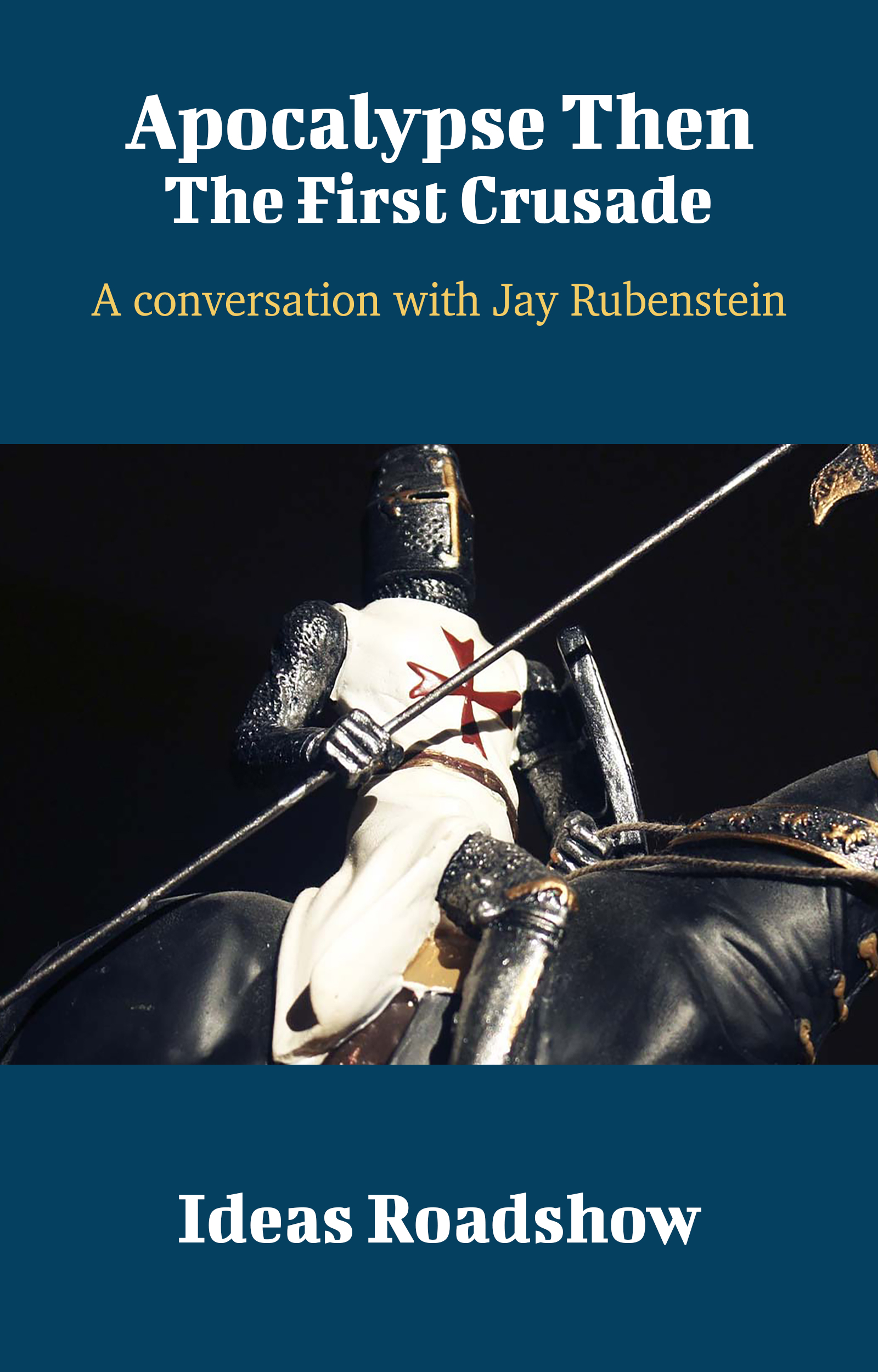Howard Burton - Apocalypse Then: The First Crusade: A Conversation with Jay Rubenstein
Here you can read online Howard Burton - Apocalypse Then: The First Crusade: A Conversation with Jay Rubenstein full text of the book (entire story) in english for free. Download pdf and epub, get meaning, cover and reviews about this ebook. year: 2021, publisher: Open Agenda Publishing, genre: Religion. Description of the work, (preface) as well as reviews are available. Best literature library LitArk.com created for fans of good reading and offers a wide selection of genres:
Romance novel
Science fiction
Adventure
Detective
Science
History
Home and family
Prose
Art
Politics
Computer
Non-fiction
Religion
Business
Children
Humor
Choose a favorite category and find really read worthwhile books. Enjoy immersion in the world of imagination, feel the emotions of the characters or learn something new for yourself, make an fascinating discovery.

- Book:Apocalypse Then: The First Crusade: A Conversation with Jay Rubenstein
- Author:
- Publisher:Open Agenda Publishing
- Genre:
- Year:2021
- Rating:3 / 5
- Favourites:Add to favourites
- Your mark:
Apocalypse Then: The First Crusade: A Conversation with Jay Rubenstein: summary, description and annotation
We offer to read an annotation, description, summary or preface (depends on what the author of the book "Apocalypse Then: The First Crusade: A Conversation with Jay Rubenstein" wrote himself). If you haven't found the necessary information about the book — write in the comments, we will try to find it.
This book is based on an in-depth conversation between Howard Burton and Jay Rubenstein, Professor of History and Director of the Center for the Premodern World at the University of South Carolina, which provides us with fascinating insights into medieval society.
How did the First Crusade happen? What could have suddenly caused tens of thousands of knights, commoners and even nuns at the end of the 11th century to leave their normal lives behind and trek thousands of miles across hostile territory in an unprecedented vicious and bloody quest to wrest Jerusalem from its occupying powers?
Jay Rubenstein, historian of the intellectual, cultural, and spiritual worlds of Europe in the Middle Ages at USC, carefully explores those questions based on his extensive research while discussing the Apocalypse: the crusaders sincere belief that the end of the world was approaching and their opportunity to participate in the last stage of the divine plan.
This carefully-edited book includes an introduction, The Glorious End, and questions for discussion at the end of each chapter:
About Ideas Roadshow Conversations Series (100 books):
Presented in an accessible, conversational format, Ideas Roadshow books not only explore frontline academic research featuring world-leading researchers, including 3 Nobel Laureates, but also reveal the inspirations and personal journeys behind the research. Howard Burton holds a PhD in physics and an MA in philosophy, and was the Founding Director of Canadas Perimeter Institute for Theoretical Physics.
Howard Burton: author's other books
Who wrote Apocalypse Then: The First Crusade: A Conversation with Jay Rubenstein? Find out the surname, the name of the author of the book and a list of all author's works by series.







